Whenever we are thinking of buying yourself a branded water filter, then the first two brand names that come to mind are Brita and PUR. Over the years, both these giants have made a name in the water filter market and the users get a sense of security whenever they buy a product from these brands. However, if you had to pick one of the two like your life depended on it, which one would you go for? The decision you take will be difficult, considering the quality both these brands offer to the users. PUR vs Brita has always been talked about, in the water filter industry and to pick one of these two, it is nothing less than a battle.
Table of Contents
In most of the areas, the water you directly get via the faucet is not clean and has strong chemicals and odour. In any case, it is vital that you only drink clean and pure water so that you are out of the harm’s way, especially in the long run. The only problem which an average user faces is to choose the perfect filter which compliments his kitchen well. The only thing a user is certain of is that he is going to buy a branded product to ensure high quality and longevity and there is no better option than PUR and Brita.
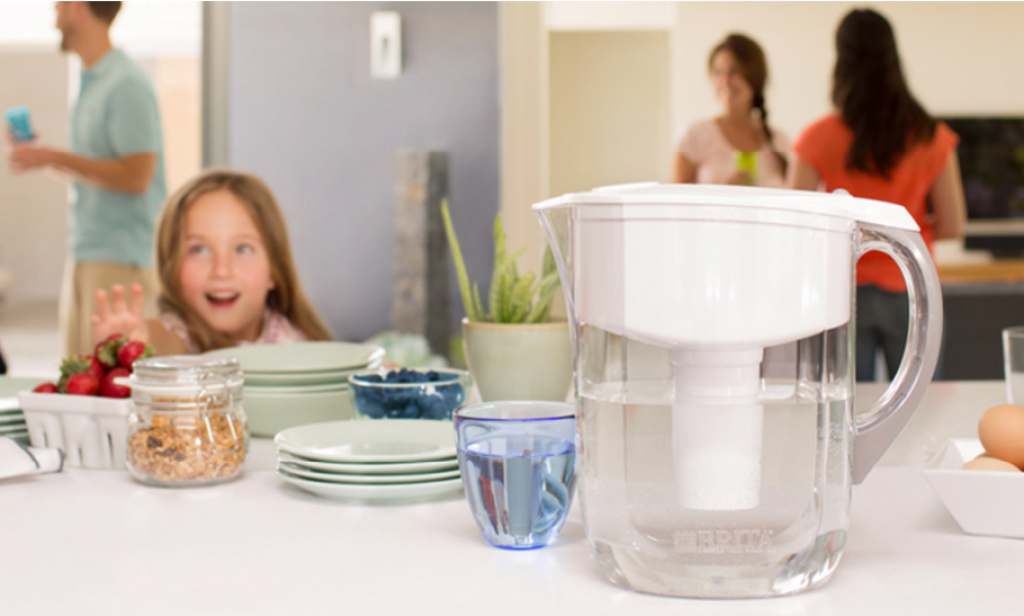
The two brands have always been in an intangible neck to neck battle, kind of like LeBron James and Stephen Curry. At the end of the day, it becomes difficult for a user to pick one. However, we are here to help you make a decision, if you are unsure, as in this article, we will compare the two giants of the industry.
Things to Consider Before Buying A Pitcher
Whenever one is looking to buy a pitcher, there are a few things that must be intact in your mind, so that you do not make a rash decision and end up wasting your money.
- Certification
There are two laboratories that issue certification to the brands; NSF International and the Water Quality Association. You must make sure that the filter you buy is certified of all the contaminants which might be present in your water source.
The main testing areas which are certified by NSF and WQA are standards 42 and 53, which contain organic compounds, heavy metals, chlorine and other contaminants.
- Level of Filtration
Most water filters have a level of filtration to an extent that they get rid of most of the contaminants which you might find in your water source. However, there couldn be a slight chance that the more powerful contaminants are not eliminated. In such a case, you should go for a more powerful filter such as reverse osmosis.
- Rate of Filtration
The rate of filtration is an important aspect to consider before you jump to a decision. If you are living in a small household, then a water filter with slow production rate will also work well for you. However, if you have a big household where a lot of filtered water is required, then a water filter with a faster rate of production is better because the slower one will do nothing but annoy you.
PUR vs Brita Water Filter Pitchers
Now, let us get to comparing the two brands and to make their case, we will pick one product from each of the two brands and compare them.
1. PUR CR1100CV Classic Water Filter Pitcher Filtration System
Firstly, we will discuss the PUR 11 Cup Pitcher by considering some of the most important features to look for in a pitcher water filter.
- Aesthetics
When it comes to aesthetics of the product, the PUR 11 Cup Pitcher has a two-tone design with a secure handle that comes attached to the top as well as the bottom of the pitcher. Furthermore, this design has an 11-cup capacity and you can find it in one colour, with a blue contrast.
- Filtration
This PUR product is capable of filtering 40 gallons of water before you have to replace it. To add to it, the filter comes with an in-built LED Lights feature that helps in tracking the time to change the filter. However, you must not over-rely on the LED lights feature because the indicator is not connected to the water. This means that even if you filter more water than the maximum capacity of the filter, you might not get a direct indication for changing the filter. The reason behind that is that this model is designed in a way that it lasts for 2 months. Thus, if you drink more water than an average person, on a daily basis, you have to keep a check on this.
- Contaminants removed
Before buying a filter, the user studies how the contaminants are removed from his water and gets assurance that the water he is drinking is safe and clean to drink. PUR has always assured their loyal customers that the product they offer is of the highest quality and removes the maximum amount of harmful chemicals and contaminants which are present in the water. PUR uses the MAXION technology, which helps in removing the chemicals present in your water source. Some of the contaminants which the water filter removes are:
- 95% Mercury
- 99% lead
- Reduces Chlorine
- Zinc
- Cadmium
- 96% of the trace levels of pharmaceuticals
- Herbicides and pesticides
- Sediment
- Microbial cysts
All in all, there are over 70 contaminants which the filter removes, as certified to standards 42, 53, and 401 by the NSF.
- Flow rate
Although the flow rate has not been marketed as such by PUR, there were a few tests which were conducted to determine the flow rate of the filter. As it stands, PUR comes with a little more complex filtration system as the results showed that it takes about 10 minutes for the filtration process to complete.
2. Brita 10 Cup Pitcher
- Aesthetics
From the aesthetics point of view, Brita is slightly ahead of PUR as you have multiple colour options to choose from; green, black, red, all-white, and orange. However, it is a 10-cup capacity design, compared to FUR’s 11-cup design.
- Filtration
You need to change the Brita filters after every two months or after 40 gallons of water has been filtered. The technology used by Brita filters is a little different because the water used is not measured, instead it keeps a track of the number of times the reservoir opens. With this, it becomes easier for the device to measure how much water has been filtered.
Thus, it becomes fairly essential that you do not open the reservoir lid except for when you are filling the filter.
- Contaminants Removed
The Water Quality Association has tested and certified the Brita filters and they meet the NSF/ANSI Standards 42 and 53. You could also find the information on their website. Some of the contaminants which the Brita filters eliminate are:
- Chlorine
- Mercury
- Cadmium
- Zinc (Filtered only with the standard filter which comes with your pitcher)
- Copper (Filtered only with the standard filter which comes with your pitcher)
- Flow rate
Just like PUR, there is no proper advertisement for the speed of filtration in Brita filters and there were tests which were taken to conclude the time stamp. The results were in favour of Brita as it turned out to be faster than PUR.
The filtration process took less than 5 minutes when the longlast filter was used. Although you could argue that PUR has 11 cups while Brita has 10, but again, a difference of 5 minutes is still quite significant.
PUR vs Brita Faucet Water Filters
Just like we did it with pitcher water filters, we will take one product from the two brands to compare the Faucet Water Filters as well.
1. PUR FM2500V Classic Faucet Filter
- Installation and use
PUR FM2500V Classic Faucet Filter comes with a one-click installation system and you do not need any tools either. With this, therefore, you can easily install the filter in no time. Even if you need to remove the filter from the faucet for whatever reason, you could do so easily.
There are standard faucets which fit in the product and there are 4 different kinds of adaptors that it comes with. 2 of them are for the external threads whereas 2 are for the internal threads. As a faucet filter user, you must know for a fact that these filters might initially feel a little bit unwieldy. However, what gives PUR an edge over the others, including Brita is that they feel unwieldy much lesser than the other brands because it is smaller than the others.
Furthermore, there is a straight choice which the users have when they are using FUR filters. The choice is between the filtered water and unfiltered water which you could choose with the help of a switch.
- Filtration
The filters in Faucet Water Filters last longer than in pitcher water filters. The PUR Water Filters can go about 100 gallons of water before needing a replacement. However, it is highly recommended that you do not use the filter for over 3 months. The in-built LED light feature also helps you track the usage of the filter.
- Contaminants Removed
The PUR uses the MAXION technology to remove the contaminants from the water. Some of the contaminants include:
- Chlorine
- Mercury
- Lead
- Microbial Cysts
- TTHMs
- VOCs and Benzene
- Pesticides and herbicides
- Class 1 particulates
- 5 different pharmaceuticals
2. Brita Chrome Faucet Water Filter
- Installation and Use
The two adaptors for internal and external thread faucets which comes in this model are two inches larger than PUR which does not allow quick filtration, or at least not as quick as the PUR Faucet water filter. This Brita model has three functions that are available; filtered water, unfiltered water, and sprinkle. The latest model comes with a slide switch because of some difficulties the users faced in the previous model.
- Filtration
It is recommended to the users that users do not use the Brita water filter after 4 months or after the 100-gallon marker has been crossed. This, overall, saves the users a lot of money, especially if he uses a plastic water bottle to drink water. To make things easier for you, the Brita model comes with an LED lights feature so that you can track your water in-take.
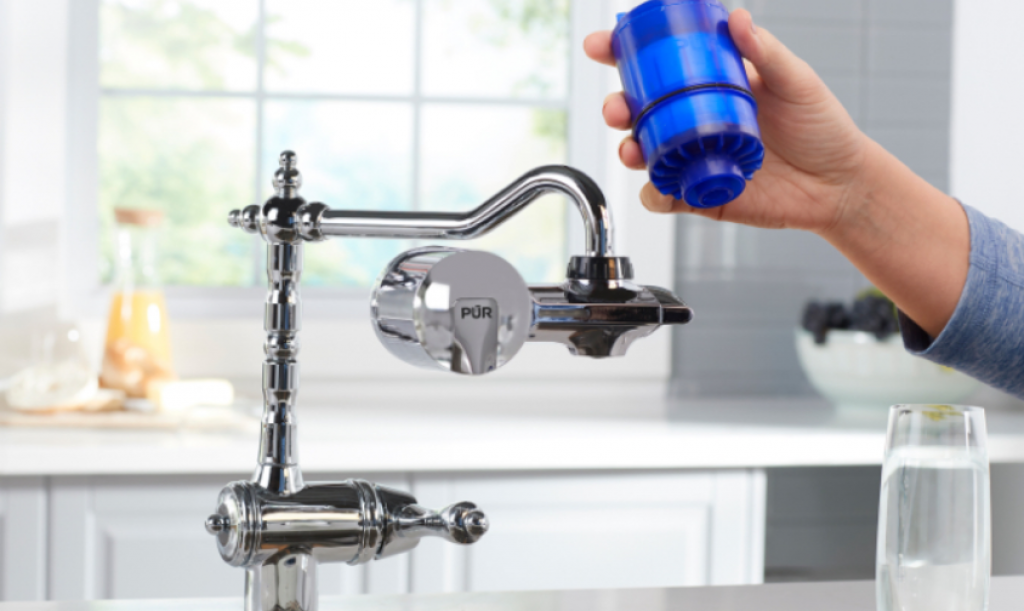
- Contaminants Removed
There are a lot of contaminants and harmful chemicals which the Brita filters get rid of so that the users get pure and crystal clear water to drink. Some of these contaminants include:
- Chlorine
- Benzene
- 99% lead
- Asbestos
- TTHMs, Lindane, Atrazine
Bottom Line – Which One is For You?
Both PUR and Brita offer the users certified water, and low cost which helps the people to have safe and clean drinking water without paying a hefty amount of money.
When you compare the two, you can see a lot of differences which could end up putting the user in a dilemma. If you go for PUR, you get a wider range of contaminants filtered out of your water source, along with a 401 certification. This easily gives them an edge over its competitors. However, Brita too has some tricks up its sleeves which prompt the users to compare. When you go for Brita, you get faster filtration speed. Thus, to finally make a decision, you must know the water quality which is there in your area and whether you need to remove more contaminants from the water or you simply need faster filtration.
When it comes to making a decision on the Faucet Water Filters between PUR and Brita, then PUR is generally preferred over Brita and there are a few reasons for that. On their official website, they claim to remove 10 times more contaminants as their counterpart, Brita. However, there is no concrete evidence which backs the statement up, although it might be true.
Along with that, the size also plays an important role because PUR is smaller and sleeker in size and it is extremely easy to install the water filter. Here, people prefer PUR ahead of Brita, which is an ideal thing to do.

I like you use water every day in everything I do. I love to find better ways to filter water I drink, soften hard water and find amazing water bottles for when I’m on the go.
I want to share what I find with you and review the options you might be looking for.
Author Profile – Tony Cosentino
Last update on 2024-04-25 / Affiliate links / Images from Amazon Product Advertising API. WaterFilterly is user-supported. We might receive a commission on any purchase you make through clicking links on this page.


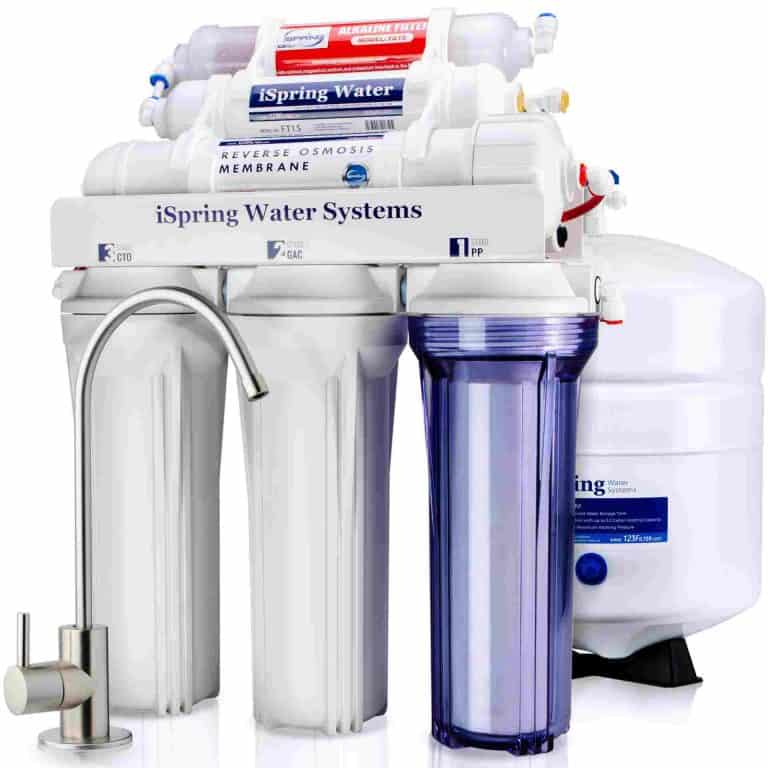
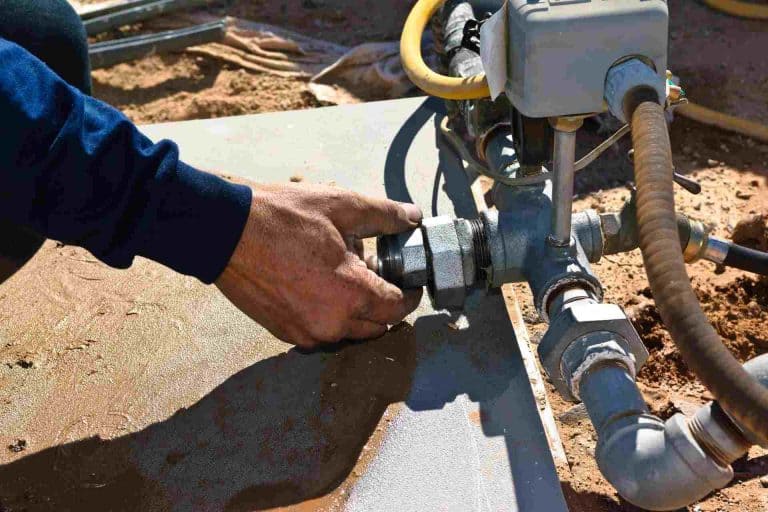
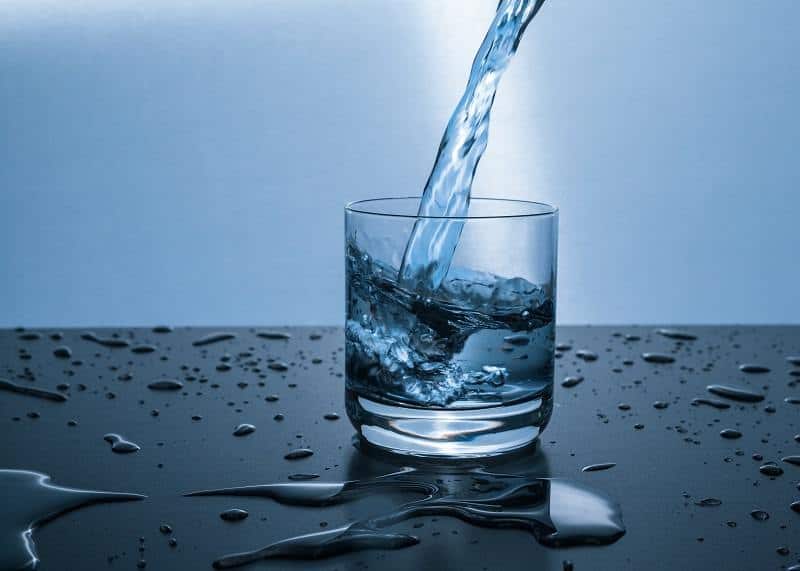
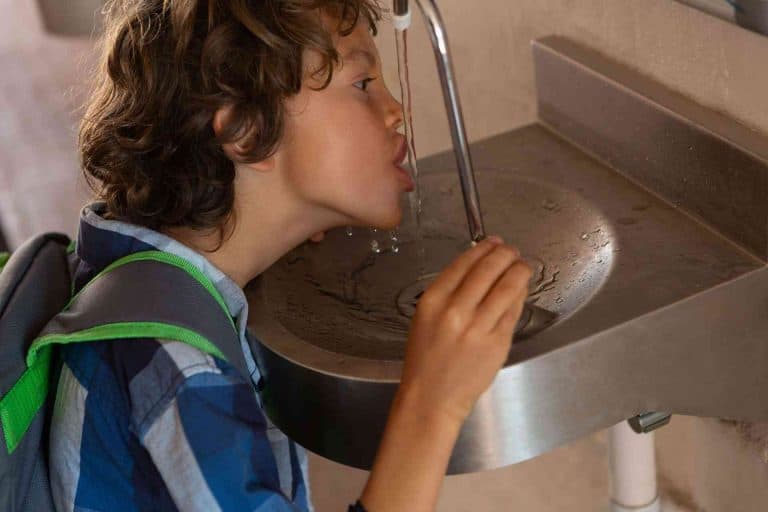
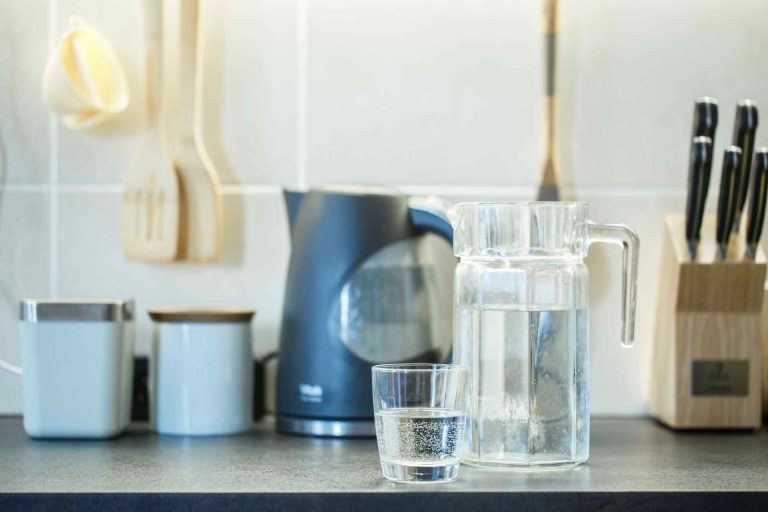
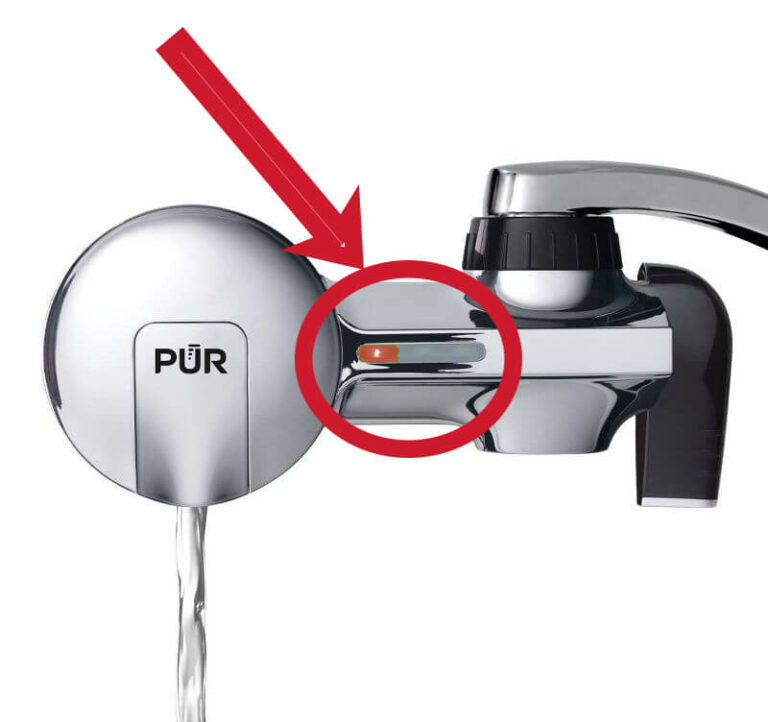
Did you know that Brita water filters have been around since 1966? They were first introduced in Germany and have since become one of the most popular and trusted brands worldwide.